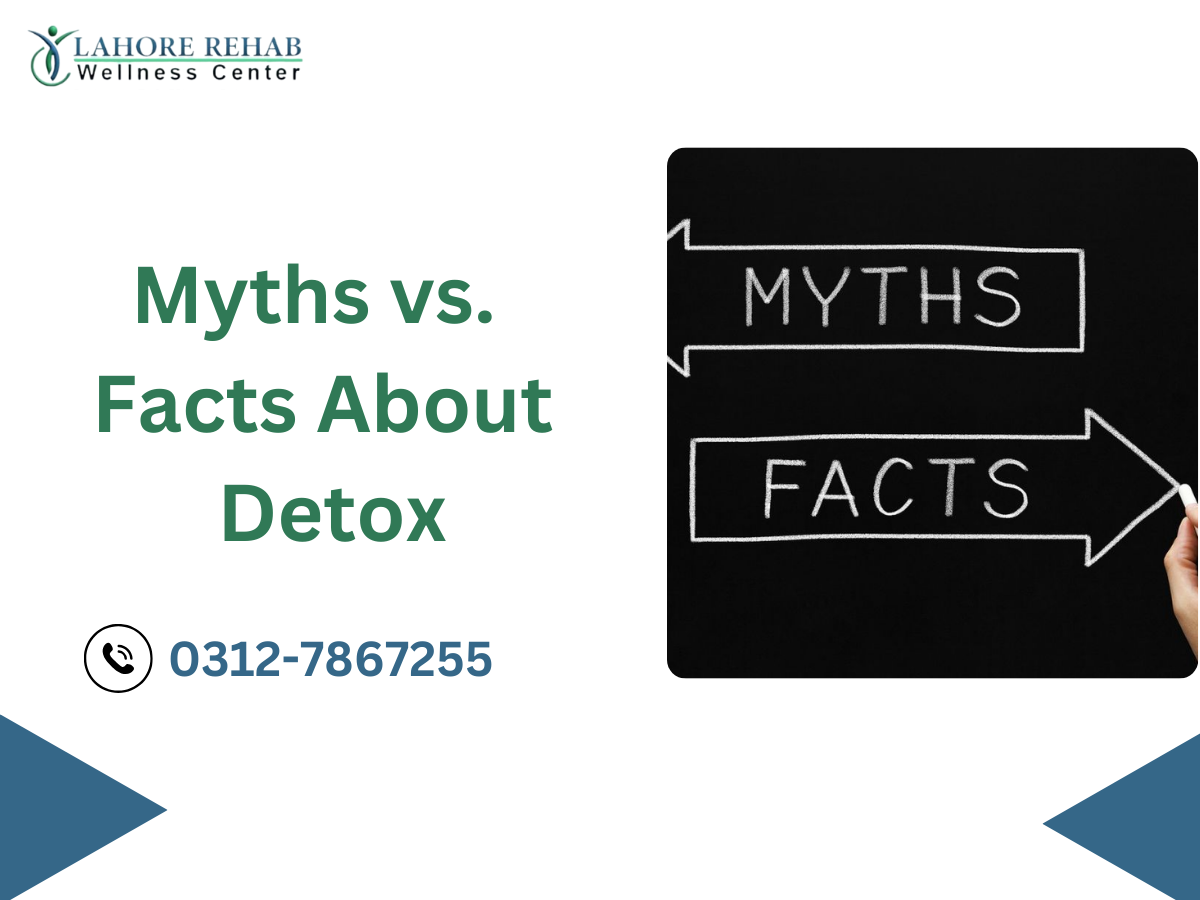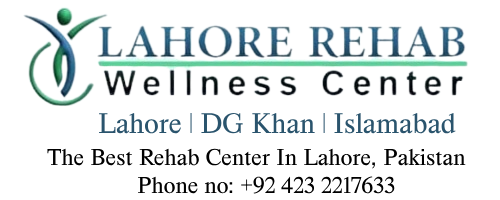
When it comes to detoxification, many misconceptions exist that can mislead individuals seeking
recovery. Let’s debunk some common myths about detox and reveal the facts.
Some believe that detoxification is the ultimate solution for substance dependency, but this is far from
true.
Fact: Detox is just the first step on the journey to recovery. While it cleanses the body of harmful
substances, long-term success requires ongoing therapy, counseling, and lifestyle adjustments. Recovery
involves addressing the underlying causes of addiction, rebuilding mental health, and adopting
strategies to prevent relapse.
Self-detoxification is often seen as a feasible option, especially by those hesitant to seek professional
help.
Fact: Attempting to detox alone can be dangerous and even life-threatening, particularly for
individuals dealing with severe dependencies. Withdrawal symptoms, such as seizures, hallucinations, or
heart complications, may arise during detox, requiring medical intervention. A medically supervised
detox ensures safety and minimizes discomfort, providing a controlled and supportive environment to
navigate withdrawal symptoms.
Another common misconception is that detox works like a magic eraser, eliminating all toxins in a single
session.
Fact: Detox is not an instant solution; it’s a gradual process that stabilizes the body. Depending on the
substance, duration of use, and individual health, detox can take several days or even weeks. The focus
is on safely managing withdrawal symptoms, ensuring the body can begin to heal without overwhelming
stress.
By understanding these myths, individuals can approach detox with realistic expectations and a better
sense of what lies ahead on their journey to recovery.
A successful detox process involves more than just medical supervision. Here are some practical tips to
enhance the experience and support recovery:
Stay Hydrated
Proper hydration is essential during detox. Drinking water helps flush toxins from the body and prevents
dehydration, a common side effect of withdrawal. Including electrolyte-rich beverages can further aid in
maintaining balance.
Follow Medical Advice
Adherence to prescribed medications and medical routines is critical. These treatments are designed to
alleviate withdrawal symptoms and ensure the detox process is as comfortable and safe as possible.
Seek Emotional Support
Recovery is not just a physical journey; it’s also an emotional one. Engaging with counselors, support
groups, or loved ones can provide encouragement and reduce feelings of isolation. Having a strong
support system can make all the difference in maintaining motivation and focus.
Practice Self-Care
Detox can be taxing on the body and mind, so prioritizing self-care is crucial. Getting adequate rest,
eating nutrient-dense meals, and incorporating relaxation techniques such as deep breathing or
mindfulness can help the body heal and rejuvenate.
These steps not only support the detox process but also lay the groundwork for a healthier lifestyle
moving forward.
Detoxification plays an essential role in recovery, but it is not a standalone solution. It prepares the body
for the next phase of healing but does not address the psychological and emotional components of
addiction.
While detox removes physical toxins, the behavioral patterns and mental health challenges that
contribute to substance use often persist. Comprehensive recovery requires therapy, skill-building, and
long-term support to create a new, substance-free lifestyle.
Therapy addresses the root causes of addiction, helping individuals understand their triggers and
develop healthier coping mechanisms. Cognitive-behavioral therapy (CBT), for instance, is effective in
identifying negative thought patterns and replacing them with constructive habits.
Learning life skills, such as stress management, communication, and time management, is a critical
component of recovery. These skills empower individuals to handle challenges without resorting to
substance use.
Preventing Relapse
Detox alone cannot prevent relapse. Ongoing support through aftercare programs, peer groups, or
continued counseling is vital for maintaining sobriety. These resources provide accountability and a
sense of community, which are invaluable during recovery.
By understanding the limitations of detox, individuals can view it as the starting point of a broader, more
holistic recovery journey.
Conclusion
Understanding the science behind detoxification highlights its importance as the foundation of recovery.
Detox clears harmful substances from the body, stabilizing it for the challenging yet rewarding journey
ahead. While myths often surround the detox process, the facts reveal its true role: a necessary first
step that must be complemented by therapy, skill-building, and ongoing support.
At Lahore Rehab & Wellness Center, we recognize that detox is not just about physical cleansing but also
about preparing individuals for a complete transformation. Our medically supervised detox programs
are tailored to each individual’s needs, ensuring safety and comfort throughout the process.

0312-7867255
0303-7867255
042-32217633
Lahore Rehab Center